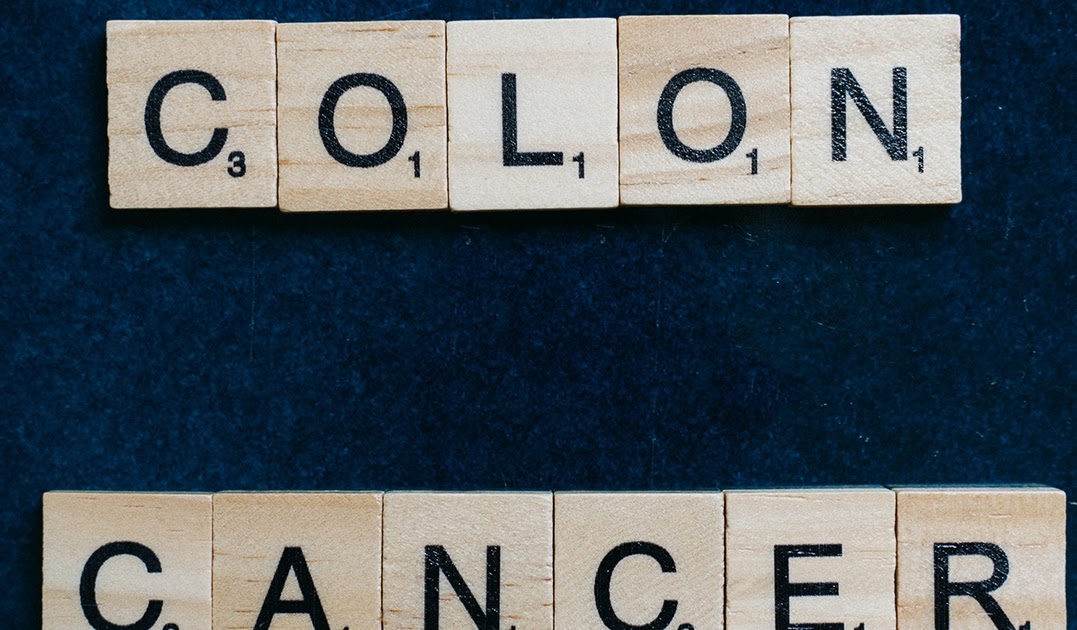
RSV, short for respiratory syncytial virus, is a common virus that usually only causes cold symptoms in most people. However, for babies and young children with certain health conditions, RSV can pose serious risks. Fortunately, a revolutionary therapy that boosts the immune system has emerged as a possible solution.
What kind of complications can RSV cause?
RSV is the main cause of bronchiolitis and pneumonia in children under one year of age. Especially in children with heart or lung disease, it can cause life-threatening breathing problems.
What treatment options are available for RSV?
How can the new RSV vaccine make a difference?
A breakthrough called nirsevimab (Beyfortus) has emerged this year, which could be a game-changer. Like palivizumab, it is an antibody treatment, but unlike its counterpart, nirsevimab is available for all babies under eight months old, not just those considered high risk. Here’s what you need to know:
1. It is not a vaccine: Unlike vaccines that stimulate the body to produce protective antibodies, this injection directly provides the antibodies.
2. You can prevent or reduce the severity of an RSV infection by taking advantage of these antibodies.
3. Although the effectiveness of the injection decreases over time as the body does not produce its own antibodies, a single injection can last five months. Giving it at the beginning of the RSV season effectively protects your baby throughout the season.
Who is eligible to receive the new RSV vaccine?
For all infants younger than eight months, it is recommended to receive a dose of nirsevimab as close as possible to the start of the RSV season. Newborns can receive it before leaving the delivery hospital and it can be given along with routine vaccines.
Additionally, children ages 8 to 19 months with certain conditions that put them at high risk for severe illness from RSV should also receive the new vaccine. These conditions include prematurity, chronic lung disease, congenital heart disease, weakened immune system, cystic fibrosis, neuromuscular disorders, and other disorders that affect swallowing and mucus clearance.
In particular, infants and young children receiving nirsevimab do not need monthly injections of palivizumab.
As this is a recent development, there may be challenges in ensuring accessibility for all eligible infants and toddlers. We recommend discussing eligibility with your doctor for this season.
For more detailed information, please refer to press releases from the Centers for Disease Control and Prevention and the American Academy of Pediatrics.





Recent Comments